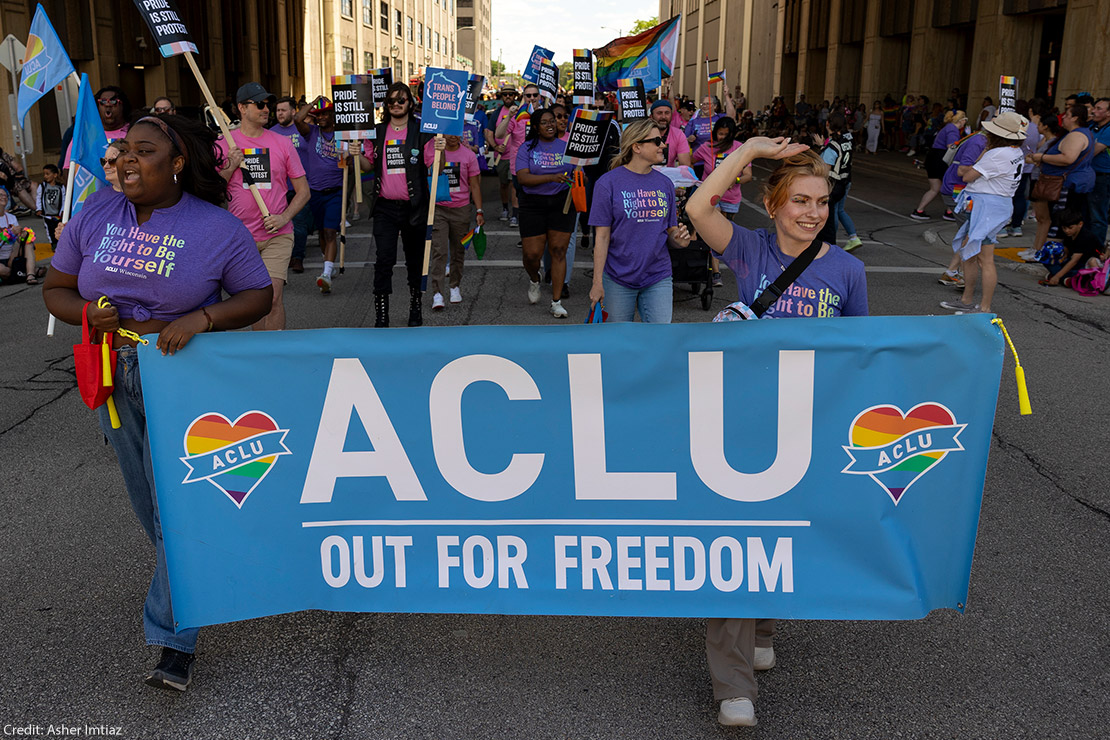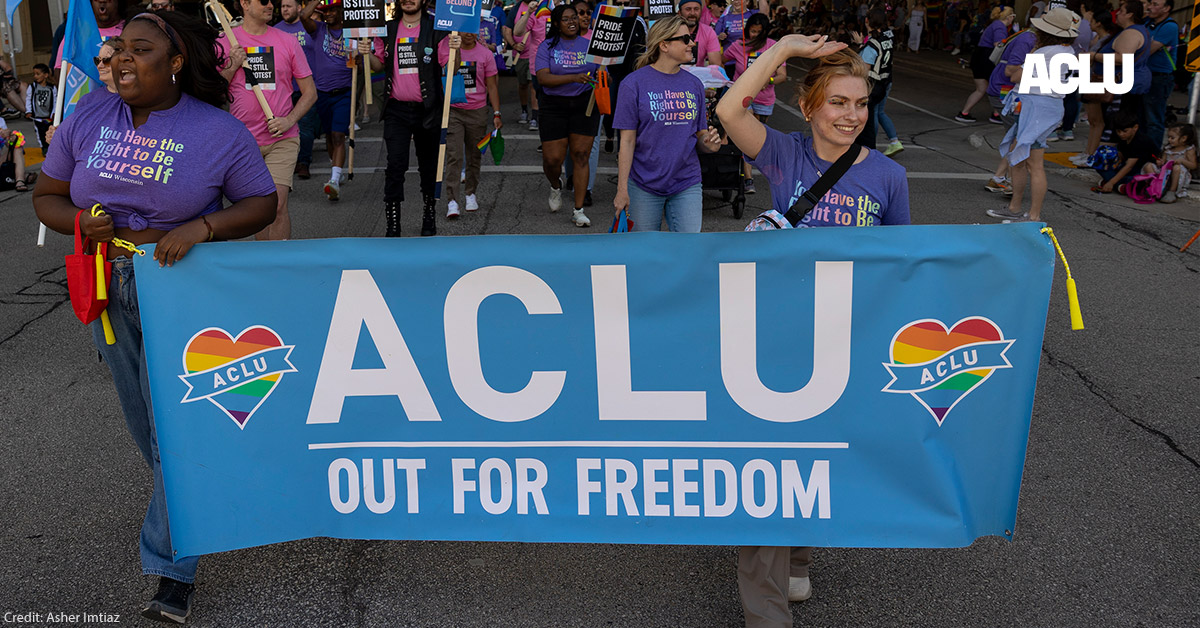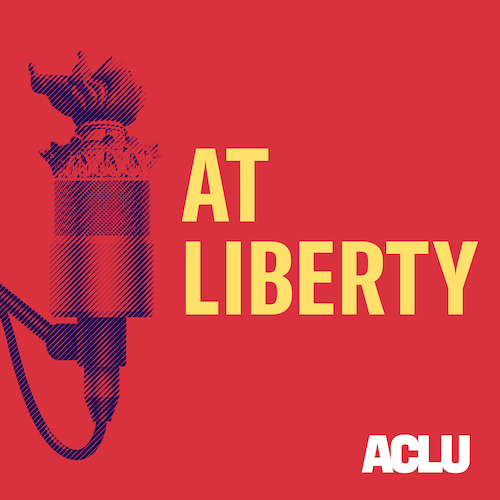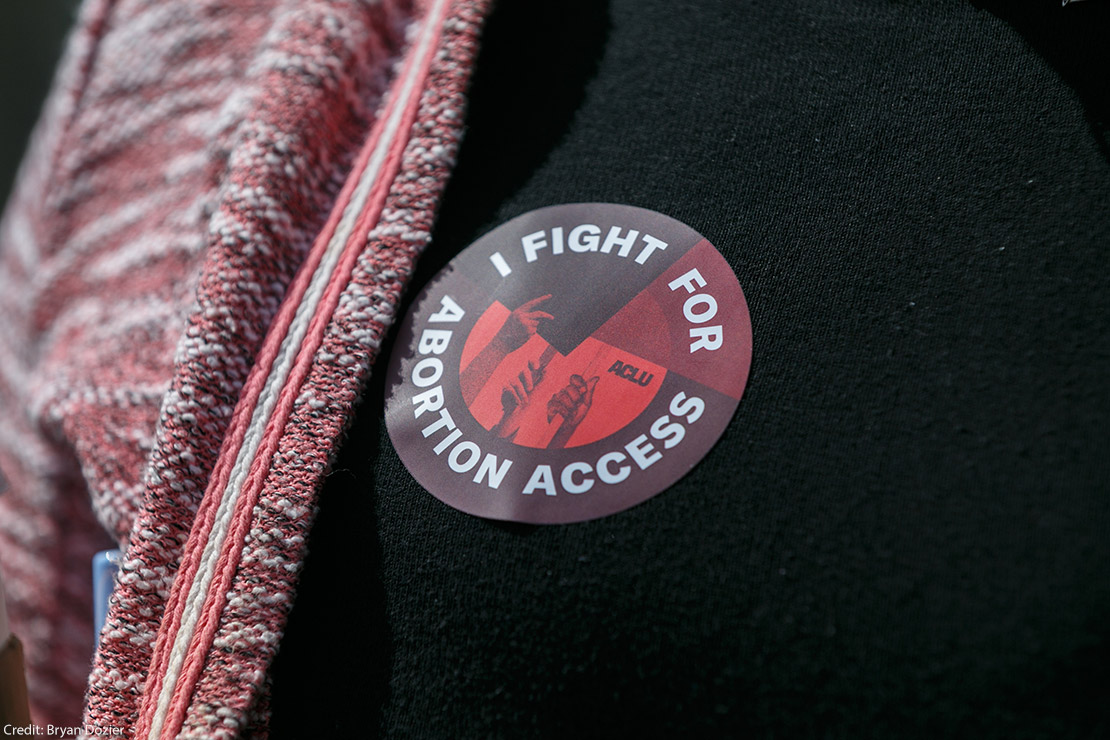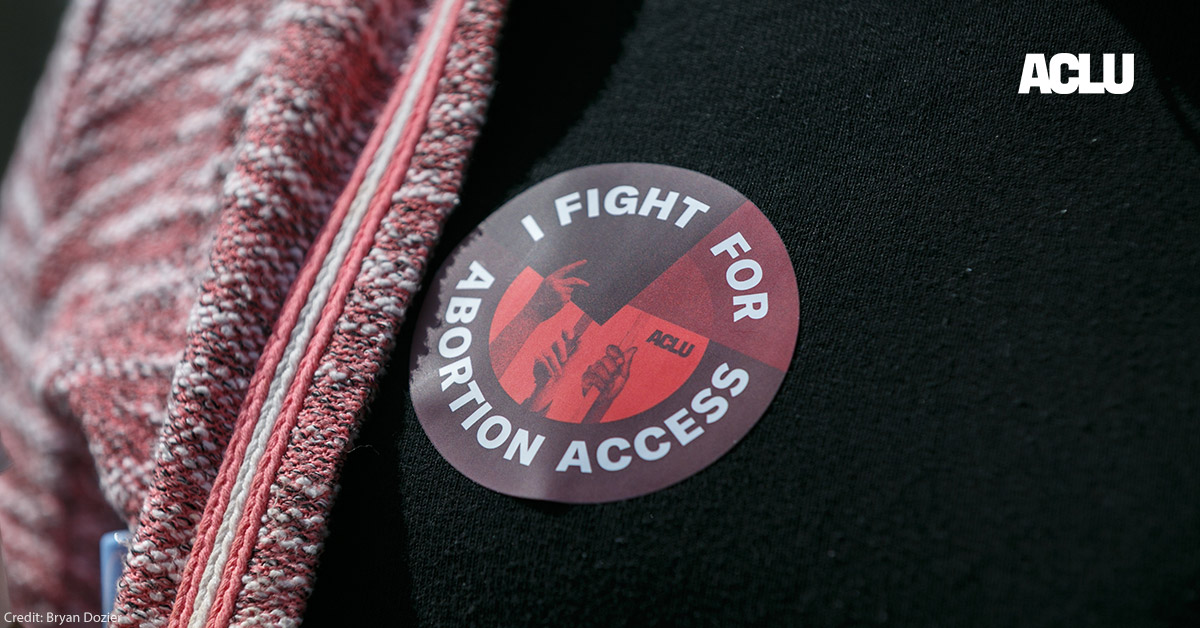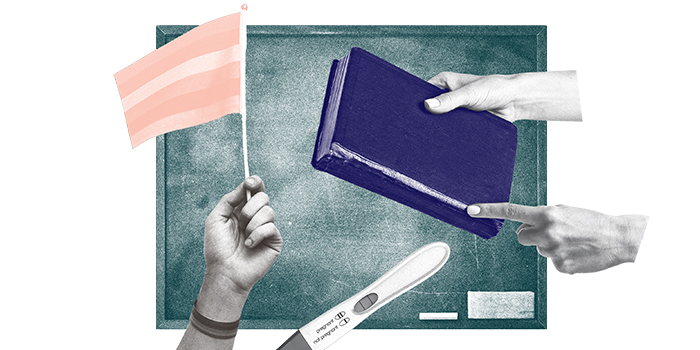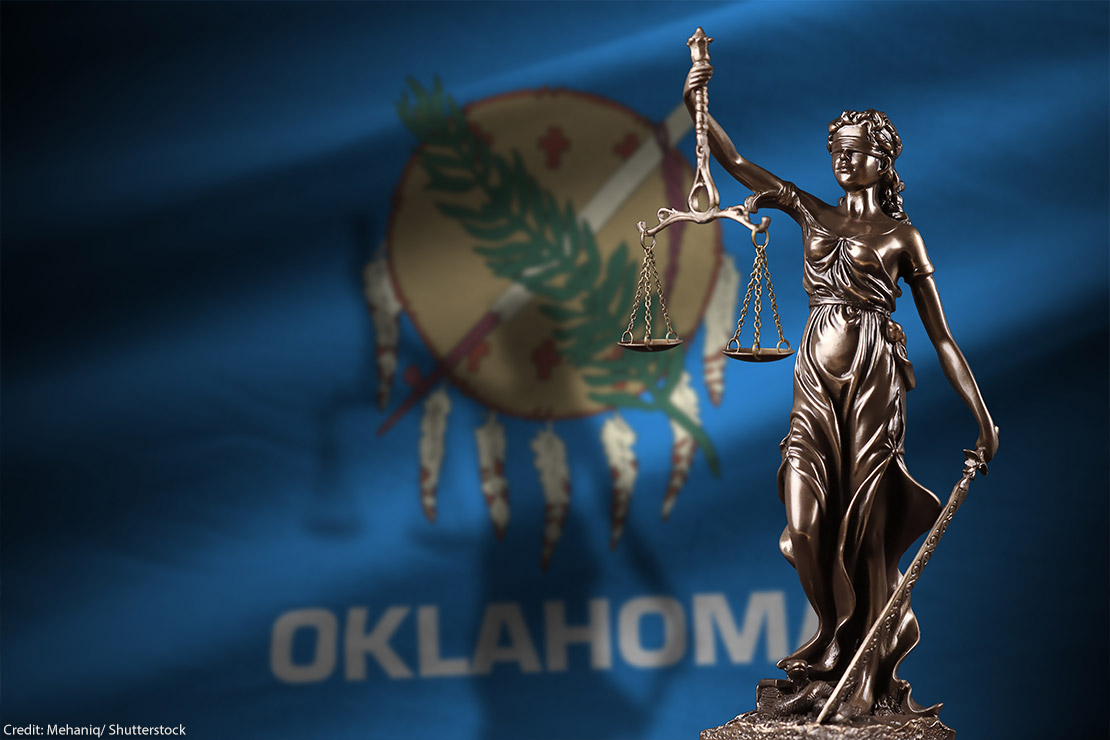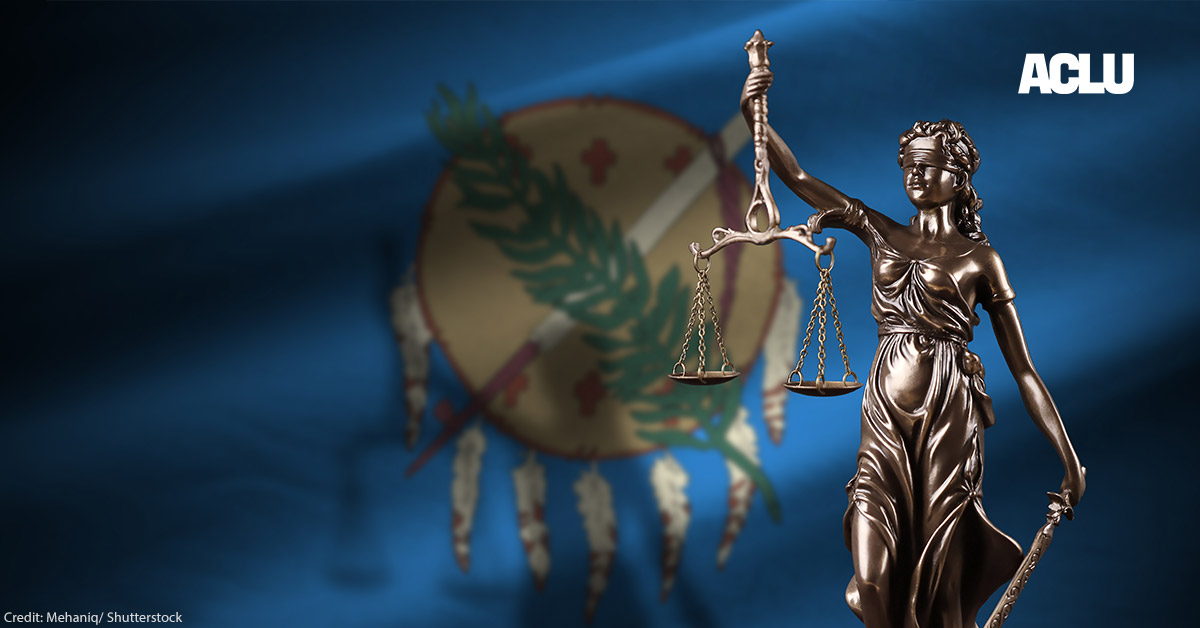Fifty five years after a police raid at a popular drag bar in Greenwich Village led to the Stonewall uprising, interactions between police and queer folks can certainly appear a lot different than they did in the 1960s. The laws banning crossdressing, obscenity, and same-sex sexual relations that enabled police to harass LGBTQ people have largely been overturned in court. The pride parades that commemorate the Stonewall uprising now often have a police escort. Many police departments have hired LGBTQ community liaisons, fly rainbow Pride flags in June, and issue proclamations honoring Transgender Day of Remembrance.
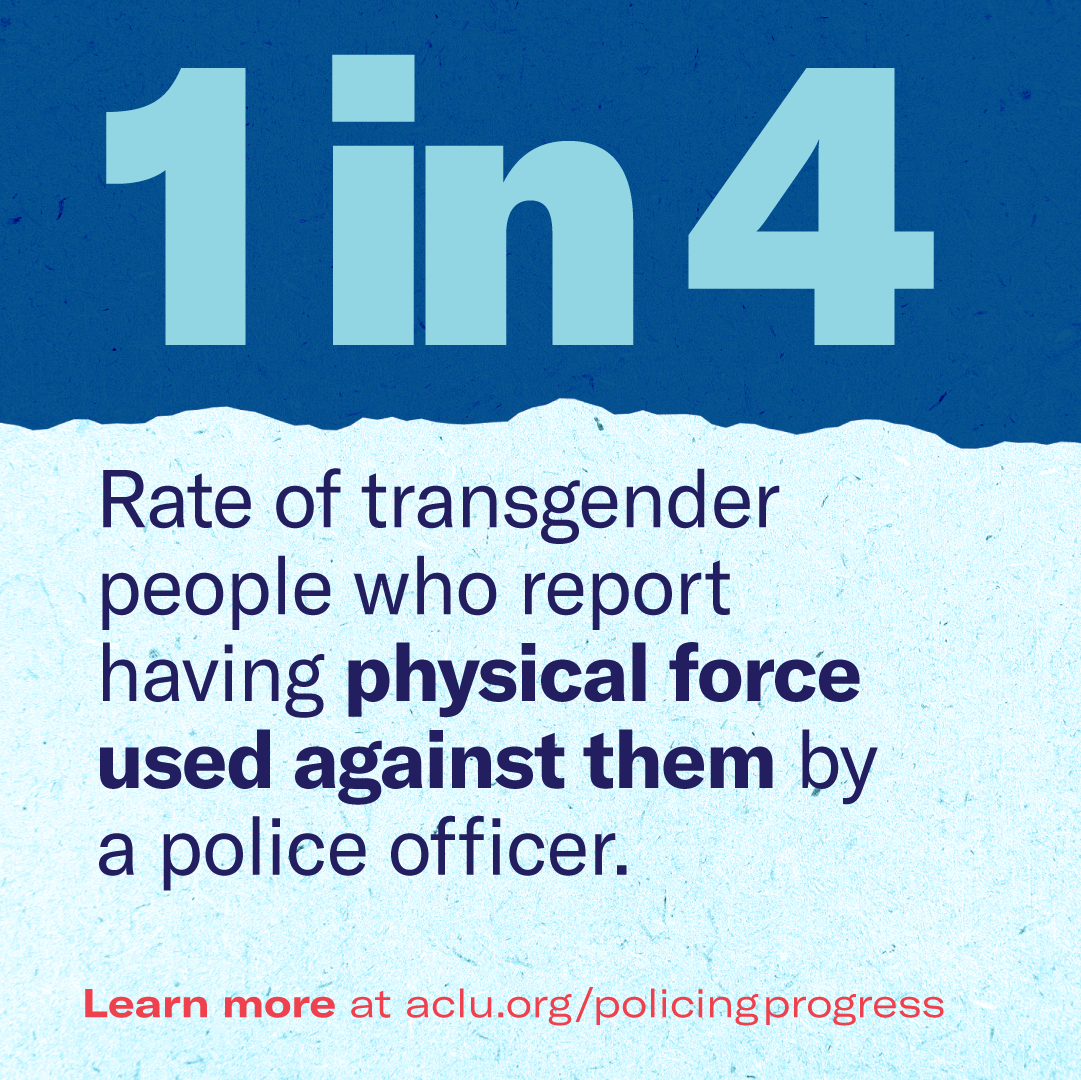
Far from signs of progress, however, these symbolic gestures obscure the many ways police harassment, profiling, and violence continue to target sexual and gender minorities, with poor, Black, and transgender people often facing the worst of it. In our new report, Policing Progress: Findings from a National Survey of LGBTQ+ People’s Experiences with Law Enforcement, we found that routine and widespread mistreatment by police continues to fuel mistrust between LGBTQ people and the very law enforcement that claims to protect and serve them.
Using survey data collected by NORC at the University of Chicago, the ACLU, in collaboration with the University of Illinois Urbana-Champaign and the University of California, Irvine, found disparities between LGBTQ people and non-LGBTQ people, and within the LGBTQ community in reported experiences with police. As a group, LGBTQ people reported more adverse treatment by police than non-LGBTQ people. This is particularly pronounced among bisexual, transgender, and nonbinary people, who more commonly experience insulting language and physical force from the police.
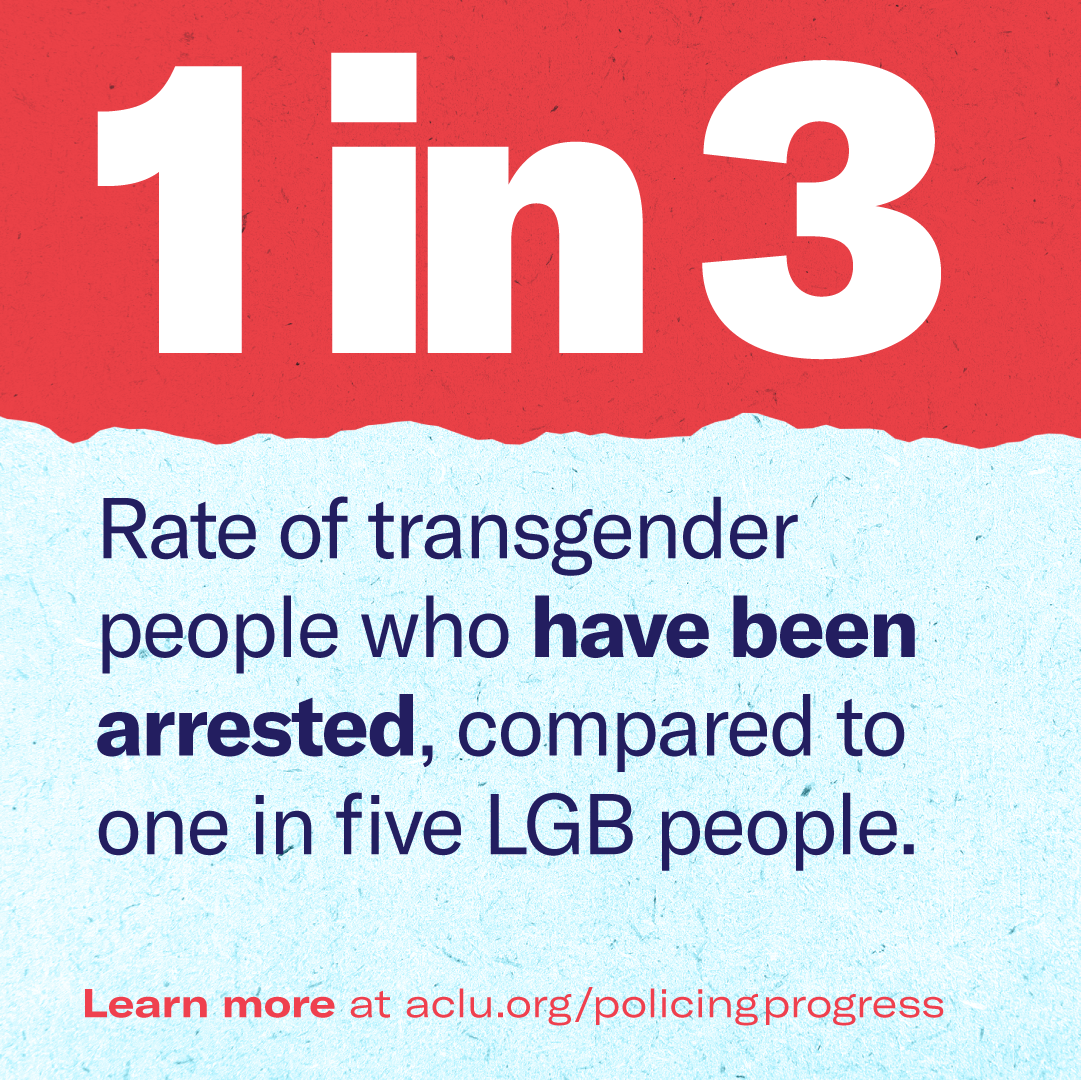
More than one in four (27 percent) transgender people report experiencing physical force by police. Black transgender people were the most likely to have experienced physical force by the police among all LGBTQ people. Transgender and nonbinary respondents (45 percent and 33 percent, respectively) were significantly more likely than LGBTQ cisgender men (15 percent) to have experienced insulting language by the police.
This kind of mistreatment can range from misgendering transgender people, profiling someone as a sex worker because of their gender expression, subjecting them to needless physical searches, and even physical and sexual violence. For example, earlier this month, a transgender man won a $275,000 settlement after being forced by New York prison officials to undergo four separate and illegal genital examinations. A 2021 survey of transgender people currently held in New York prisons found an astonishing three quarters reported at least one act of sexual violence by a corrections officer.
The ACLU has combated instances of police abuse in the LGBTQ community, including in 2019, when the New York Civil Liberties Union reached a settlement with the NYPD on behalf of Linda Dominguez, a 45-year-old transgender Latina, after they charged her with “false personation” for carrying an ID with her former name (or “deadname”) on it. Officers chained her to a pipe and verbally harassed her following her arrest. Two years prior, in 2017, the ACLU of the District of Columbia settled with the Metropolitan Police Department on behalf of Lourdes Ashley Hunter, executive director and co-founder of the Trans Women of Color Collective, after police entered her home without a warrant, physically assaulted her, and left her with multiple injuries.
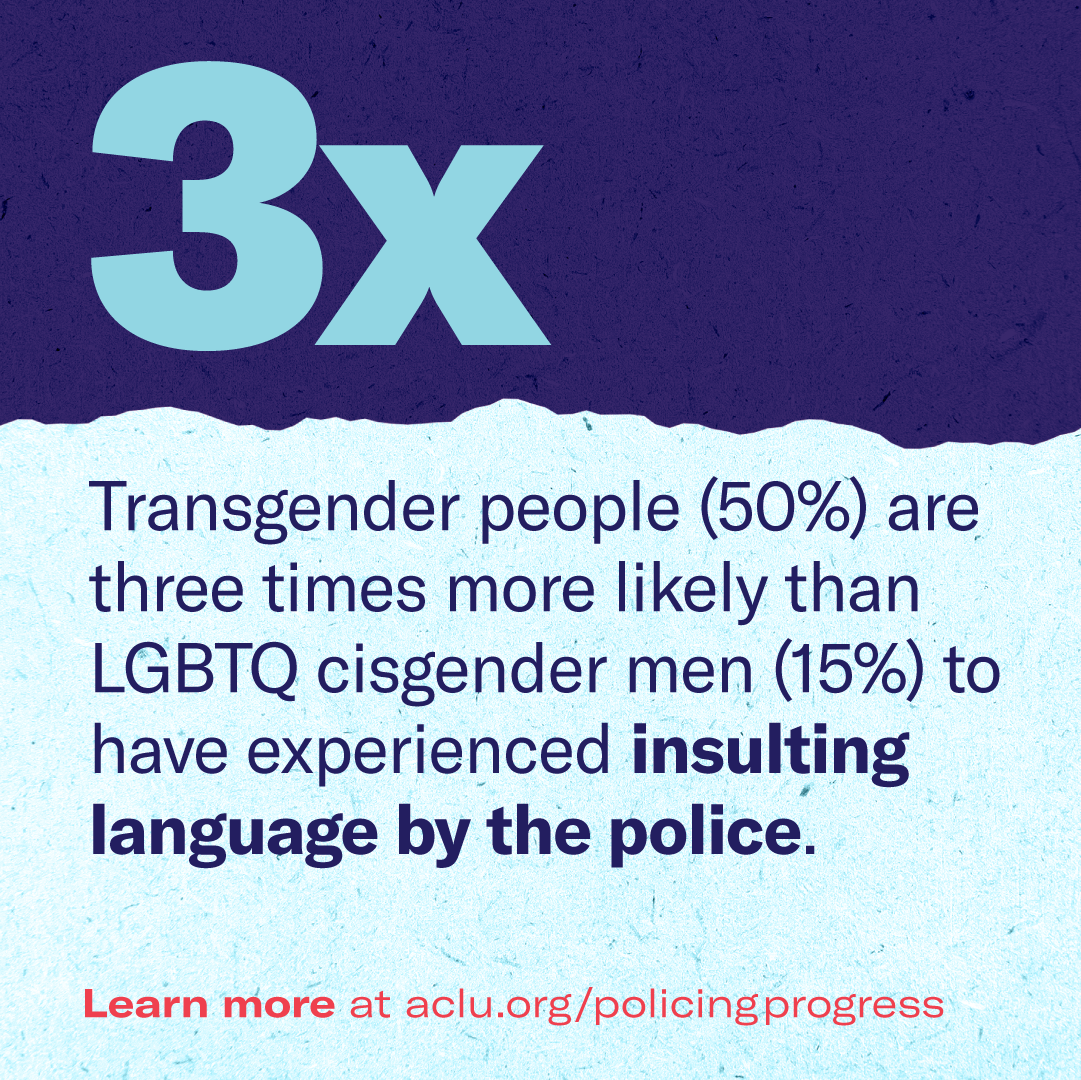
It’s no wonder then that our report also found widespread mistrust among LGBTQ people towards law enforcement, with the very members of the LGBTQ community that face the highest rates of victimization reporting the least willingness to seek help from police.
Only 69 percent of bisexual and 60 percent of queer people indicated that they would call the police for help in the future, compared to 80 percent of gays and lesbians and 87 percent of straight, cisgender people. Less than two-thirds of Latine LGBTQ people surveyed said they would be likely to call the police for help in the future, compared to nearly three-fourths of white LGBTQ people. Less than two-thirds of transgender respondents were likely to call the police for help in the future, compared to 82 percent of cisgender LGBQ men. Approximately one-quarter of nonbinary people were willing to call the police for help.
At the ACLU, our advocacy recommendations have centered around the multiple, concrete steps communities and local governments can take to help ensure the safety of LGBTQ people from police harassment and violence, including:
- Reducing negative encounters between police and community members. Law enforcement must end policies and practices that require or incentivize officers to engage in aggressive tactics, such as quotas for citations or arrests, stop-and-frisk, and ceasing enforcement of consensual sex work.
- Adopting specific policies and practices that ensure fair and equitable treatment of LGBTQ+ people. We urge police to place prohibitions on the use of explicitly hateful language and frisks and searches aimed at determining someone’s gender.
- Reconsidering police presence in public LGBTQ+ spaces and events, such as pride parades and festivals.
- Implementing strong oversight with meaningful community involvement to provide transparent and accessible complaint processes and require law enforcement agencies to take corrective action when complaints suggest a pattern of problems.
- Repealing existing laws that explicitly criminalize LGBTQ+ people and expression, and opposing any proposed anti-LGBTQ+ laws, including those that would criminalize necessary medical care or criminalize drag.
Many states continue to advance laws that seek to further police LGBTQ life, including efforts to censor drag performers and criminalize transgender people who use public restrooms consistent with their gender identity. As outlined in our memo, Trump on LGBTQ Rights, former President Donald Trump and the extremists behind Project 2025 want to go even further, weaponizing the federal government to criminalize gender nonconformity and ordering the Department of Justice to repeal protections for incarcerated transgender people.
But many of these problems are perpetuated at the local level–often by the very same cities and municipalities who proudly host pride parades or fly rainbow flags on their police cruisers. LGBTQ people and our allies shouldn’t be fooled by flashy but shallow shows of support or lofty social media statements from police departments about “inclusion.” More than half a century after Stonewall, communities have a duty to move past symbolism and move us closer to a future built on safety, respect, and freedom.
Emily Greytak, ACLU; Jordan Grasso, University of California, Irvine; and Stefan Vogler, University of Illinois, Urbana-Champaign contributed to this article.
Date
Friday, June 28, 2024 - 1:00pmFeatured image
